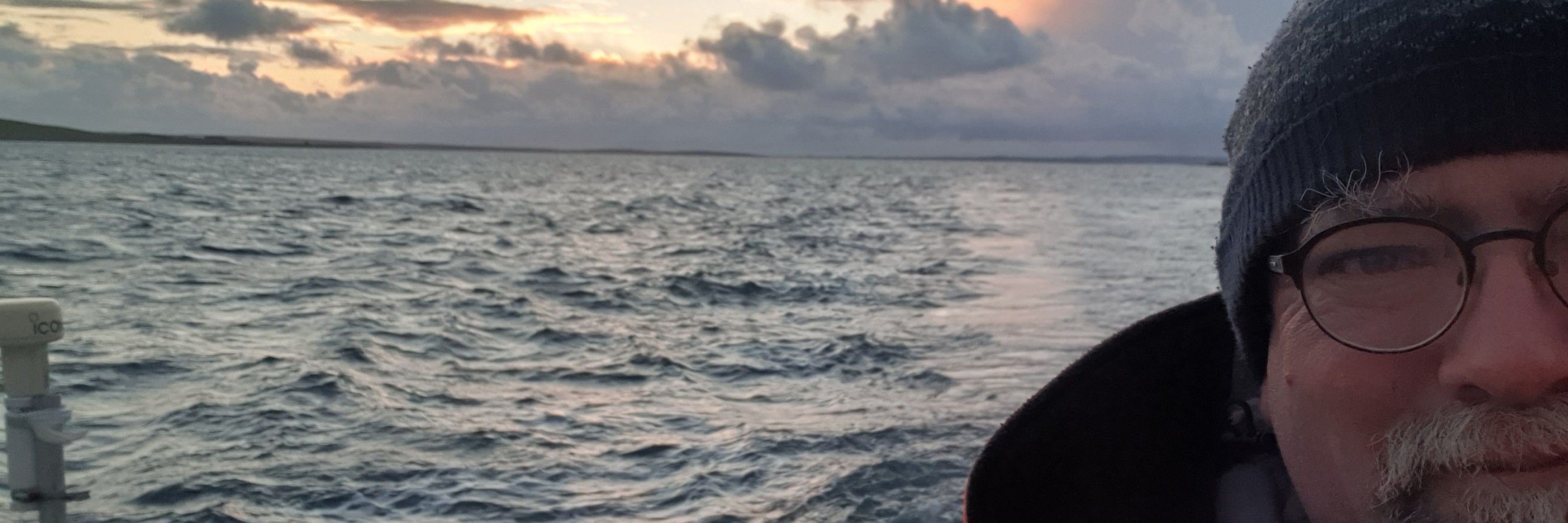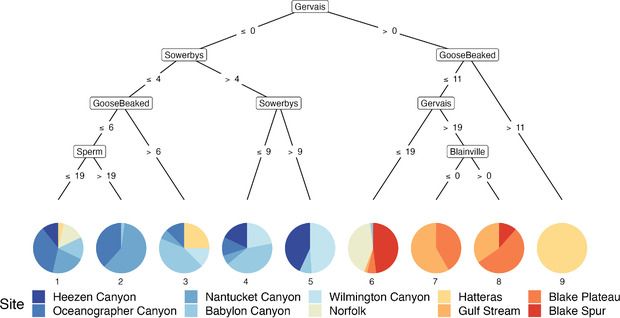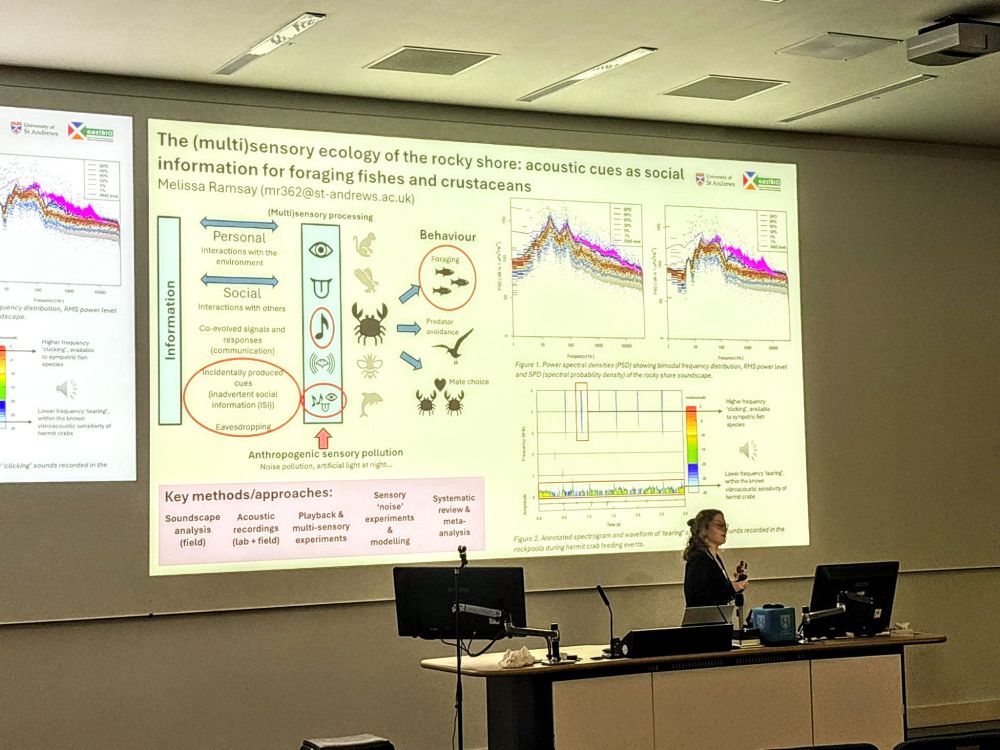Luke Rendell
@lrendell.bsky.social
2.1K followers
940 following
150 posts
Reader in Biology @_SMRU_ @SchoolofBiology @univofstandrews. Ocean Yachtmaster for hire! Marine conservation, cetacean & fish behaviour, cultural evolution. He/him. Thalassophile. Sailor. #Fife
https://www.st-andrews.ac.uk/biology/people/ler4
Posts
Media
Videos
Starter Packs
Reposted by Luke Rendell
Luke Rendell
@lrendell.bsky.social
· Aug 27
Reposted by Luke Rendell
Reposted by Luke Rendell
Reposted by Luke Rendell
Tim Waring
@twaring.bsky.social
· Jun 9
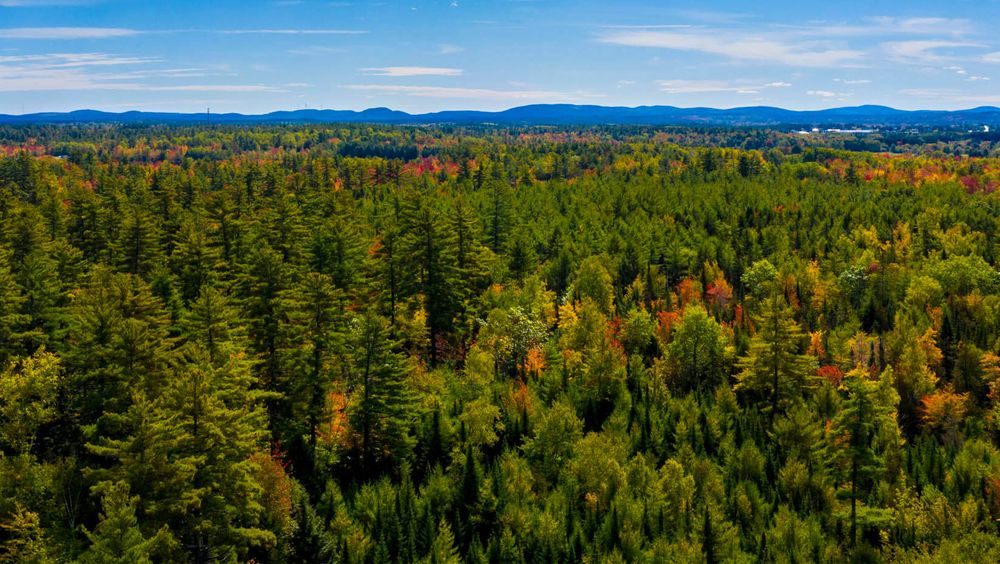
Post-Doctoral Position on Cultural Adaptation in Forest Management
The University of Maine seeks a post-doctoral researcher for a two-year project on human cultural adaptation in forest management, requiring a strong quantitative background and experience in modeling.
timwaring.info
Reposted by Luke Rendell
Luke Rendell
@lrendell.bsky.social
· Jul 3
Reposted by Luke Rendell
Reposted by Luke Rendell
Luke Rendell
@lrendell.bsky.social
· Jun 3
Luke Rendell
@lrendell.bsky.social
· Jun 1
Luke Rendell
@lrendell.bsky.social
· May 29
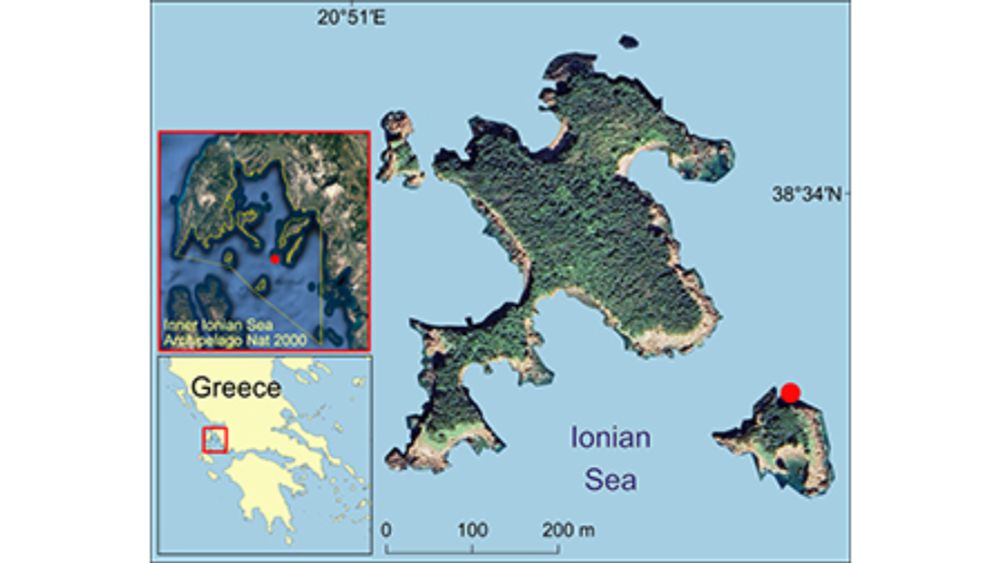
Confirmed vocal activity of Mediterranean monk seals in the Inner Ionian Sea Archipelago, Greece
Mediterranean monk seals (Monachus monachus) are the world's rarest seal species, with fewer than 1000 individuals remaining across fragmented subpopulations. M
pubs.aip.org
Luke Rendell
@lrendell.bsky.social
· May 22
